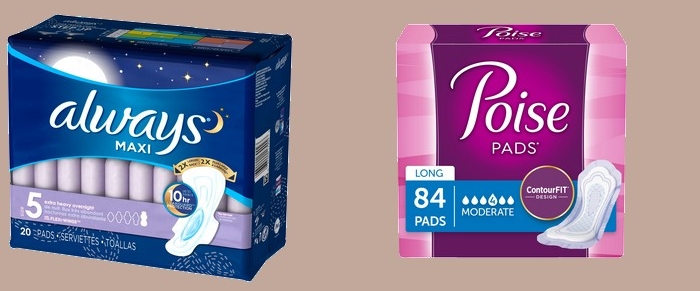In Fits and Starts - Getting things done the PD way
Terri Reinhart
I'm waiting for my next dopamine surge.
We folks with Parkinson's disease know all about dopamine. We know what happens when we don't have enough and we know what happens when we have too much. We also know there isn't any such thing and having it perfectly balanced. So, when we want to get things done, we play the dopamine game, otherwise known as doing things in fits and starts.
Wake-up! What kind of day is today? Is it the slow motion, not gonna accomplish much today sort of day or is it the ohmygodIfeelgoodtodayandIamgoingtogeteverythingdoneonmytodolist sort of day? Okay, in general we may tend to be more the tortoise or more the hare, but day to day is a different story. How our dopamine system is doing and how it will all work with the medications can result in a roller coaster ride between dopamine surges and dopamine crashes.
This is because a lot of things affect how our dopamine system works. It's not just the medications. If we don't sleep well or if we're under a lot of stress, the meds are not going to work as well and it's not going to be easy to stay motivated. Did something exciting happen? How much caffeine have we consumed? Sometimes we don't know what the heck is causing our dopamine levels to fluctuate more than the prices of gasoline.
We do know what this means in a practical way.
A dopamine crash is easier to understand. We know we're going to feel lousy some days. No energy. No motivation. We'd procrastinate if it didn't take too much work. It's the day when we say, "I have Parkinson's. You can cook."
A dopamine surge is when we expect everyone to stay out of our way, thank you very much, because we're going to Get It Done. It's kind of like an adrenaline rush, but without the racing heartbeat. It's more of a racing brain: "I think I can I think I can I think I have a plan.... I think I can rewire the light in the bathroom and replace the medicine cabinet - myself - and then build a patio - today - now". I like projects anyway, but during a dopamine rush, I like BIG projects.
I suppose it would be better for us to pace ourselves. Working for a shorter time everyday would help us to avoid a few of the hills and dives of the roller coaster. If we'd pace ourselves really well, we'd get things done, maybe, and not wear ourselves out to the point where we crash. I think.
On the other hand, a dopamine surge can be a lot of fun as well as being productive. I haven't gotten the patio done yet, but I'm pleased to say I rewired the light and put up two cabinets and a new towel rack in Emma's bathroom. It took three days, several trips to Habitat Restore, and a mad dash to the Ace Hardware store where, 20 minutes before closing time, a clerk found what I needed and gave me a crash course in what I needed to do. He made sure I remembered everything so I could repeat these instructions to my husband. Sigh.
That was 5 days ago. I'm glad it's done because I used up all the energy I had stored up. We're having pot pies for dinner. I haven't accomplished much of anything today, but that's okay. I'll save my next project for my next dopamine surge.







